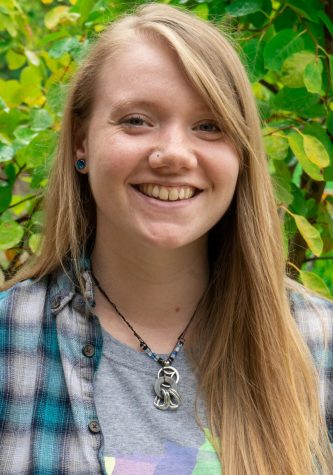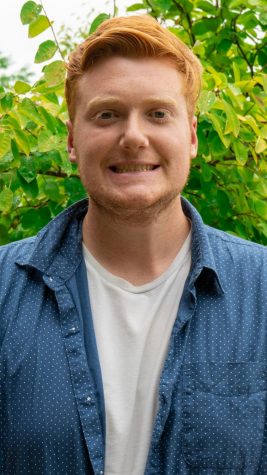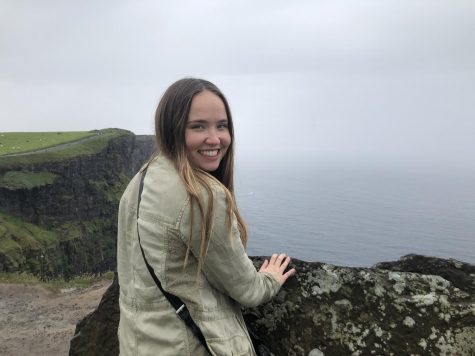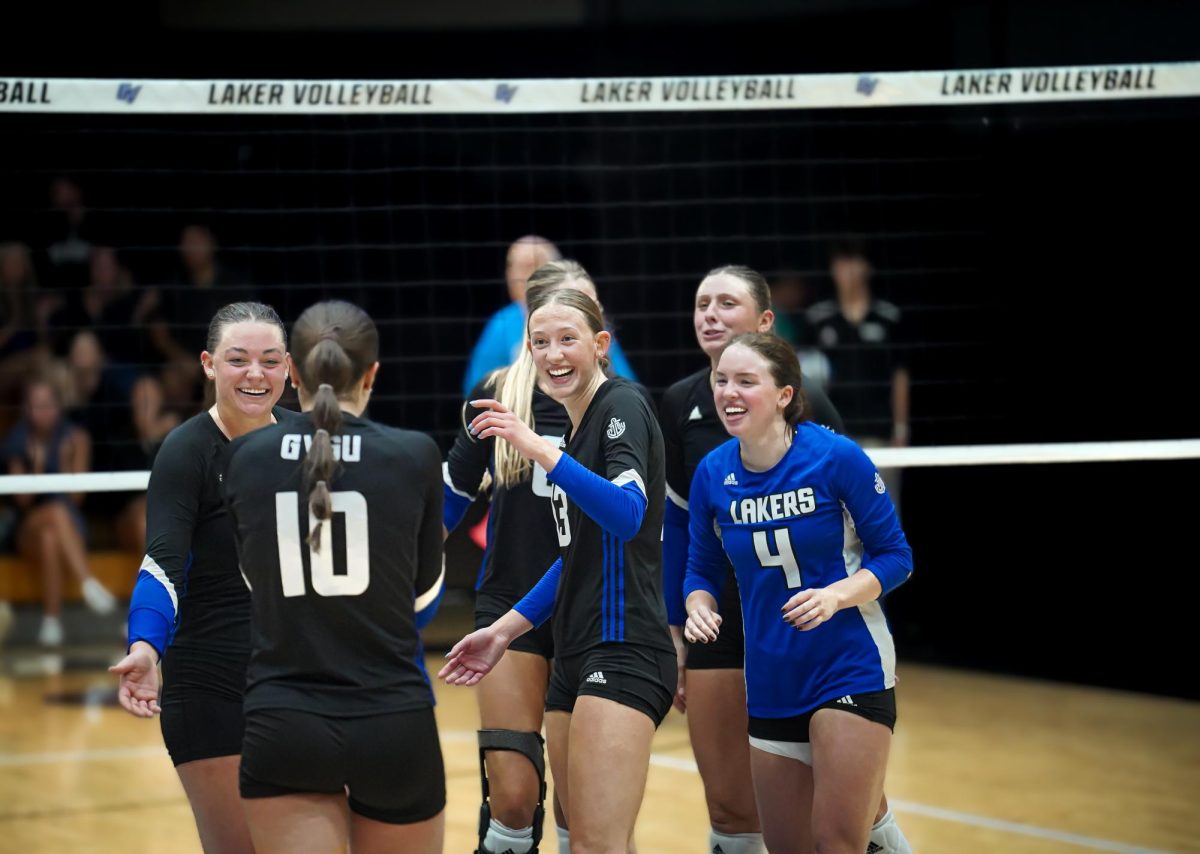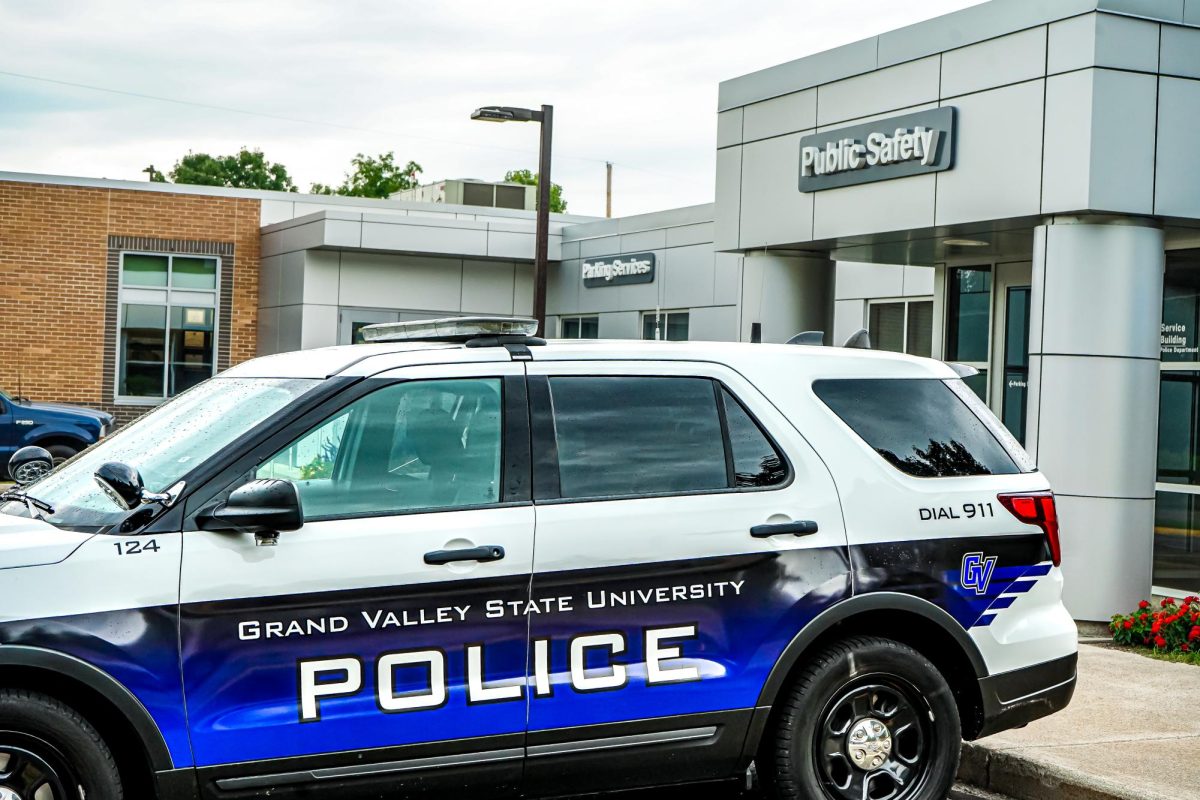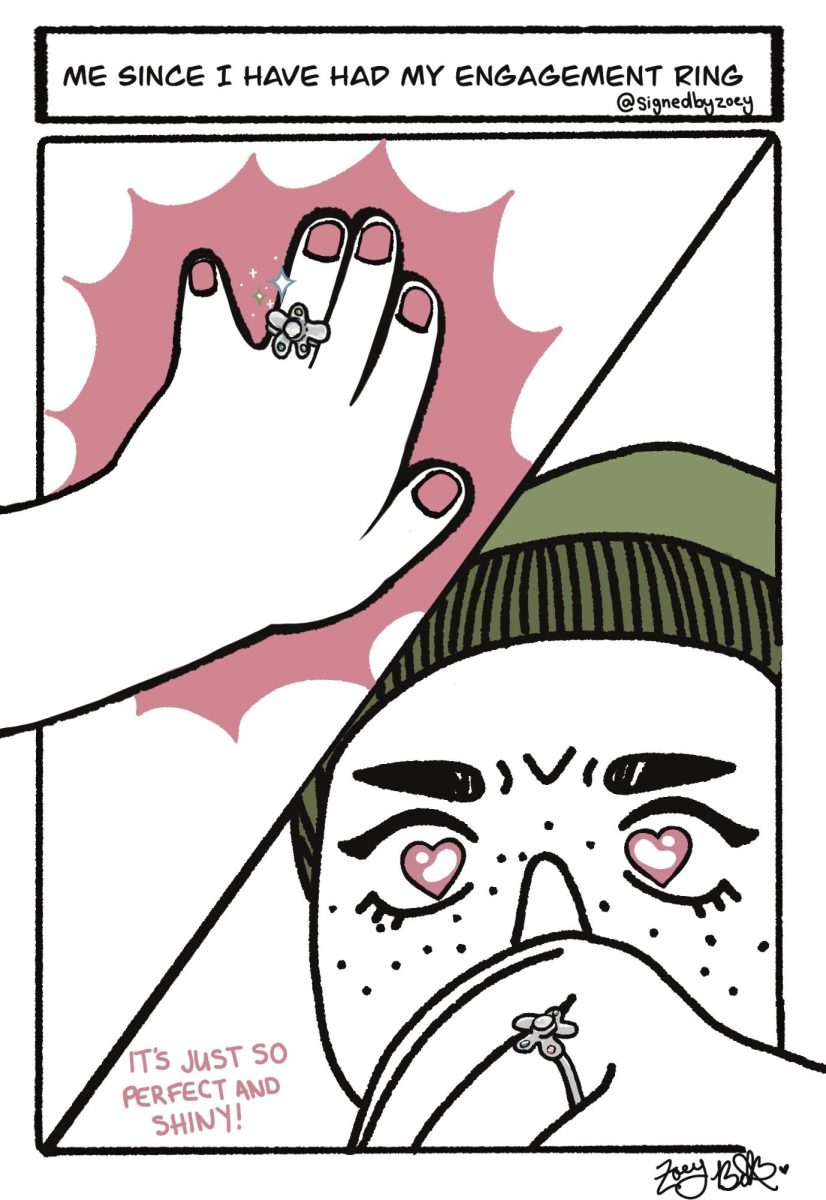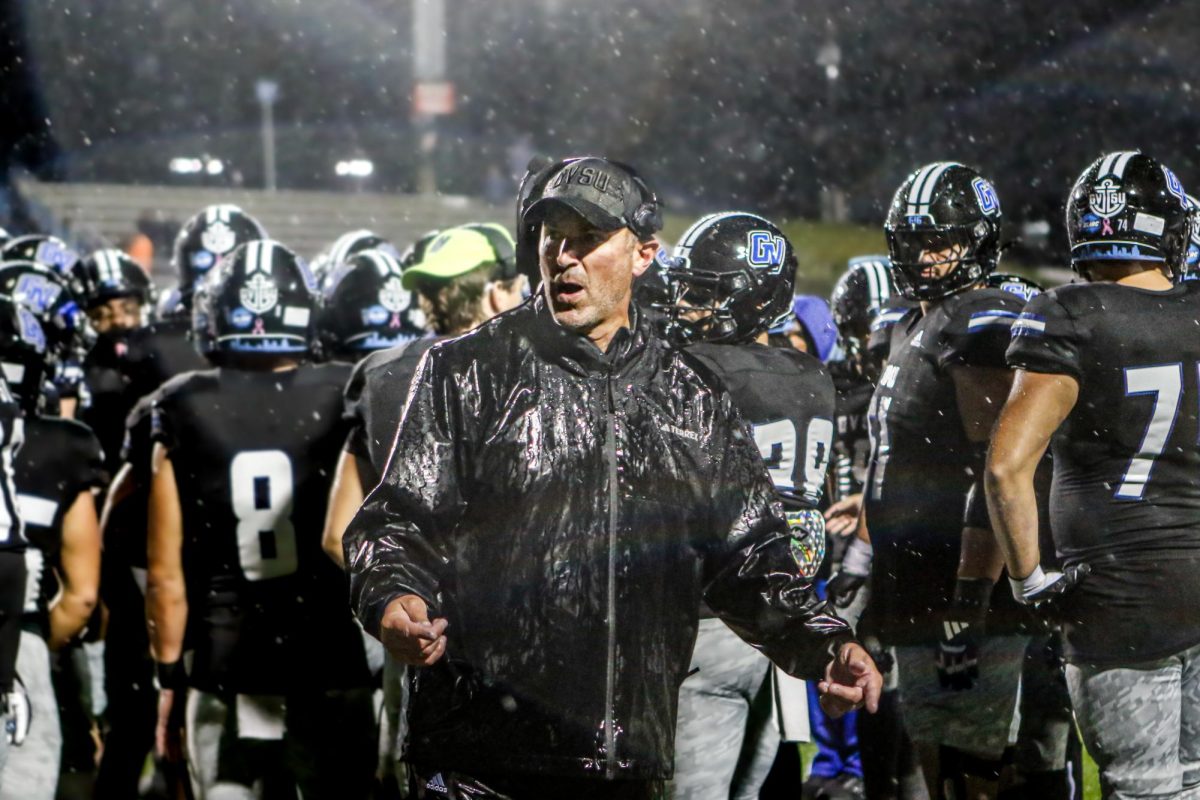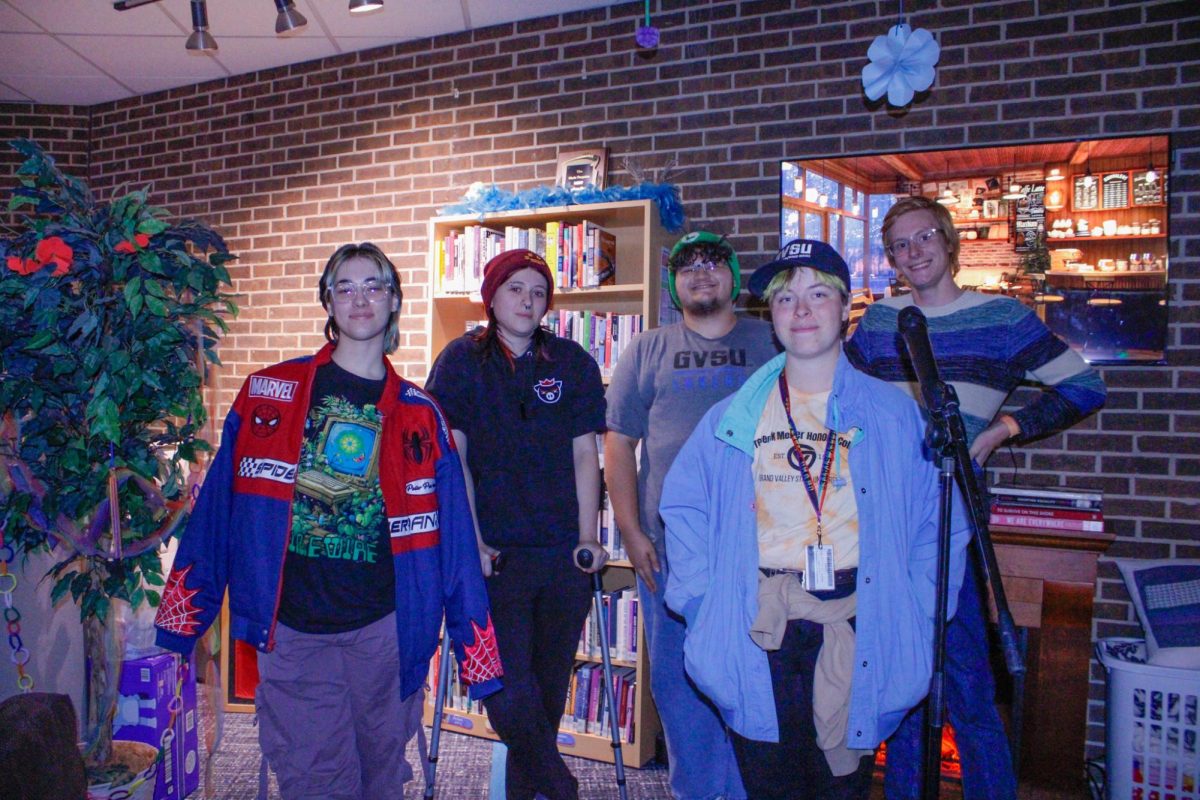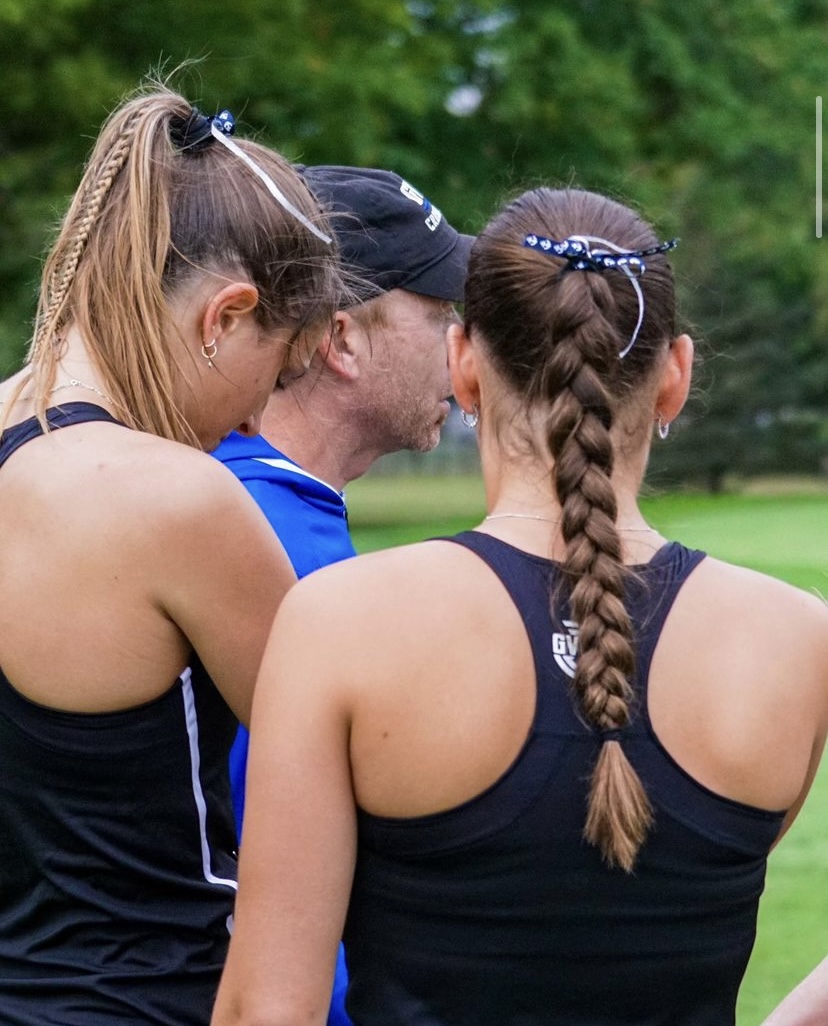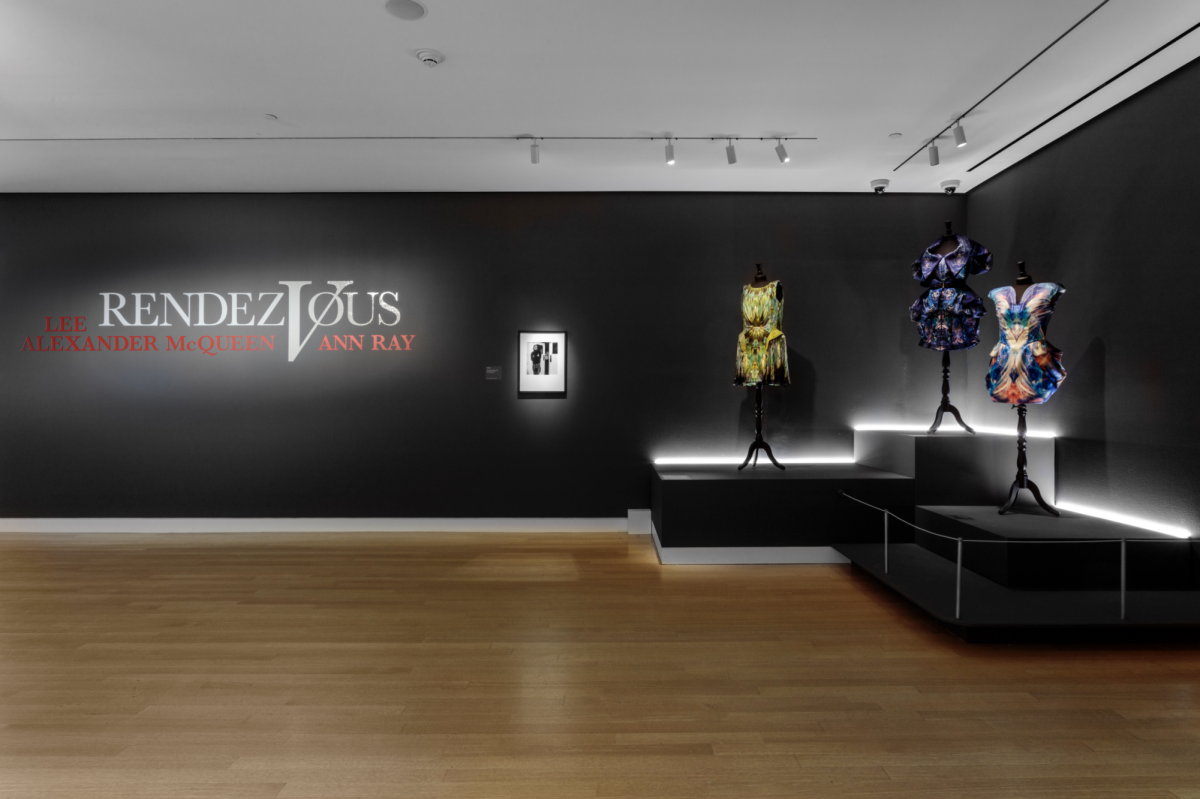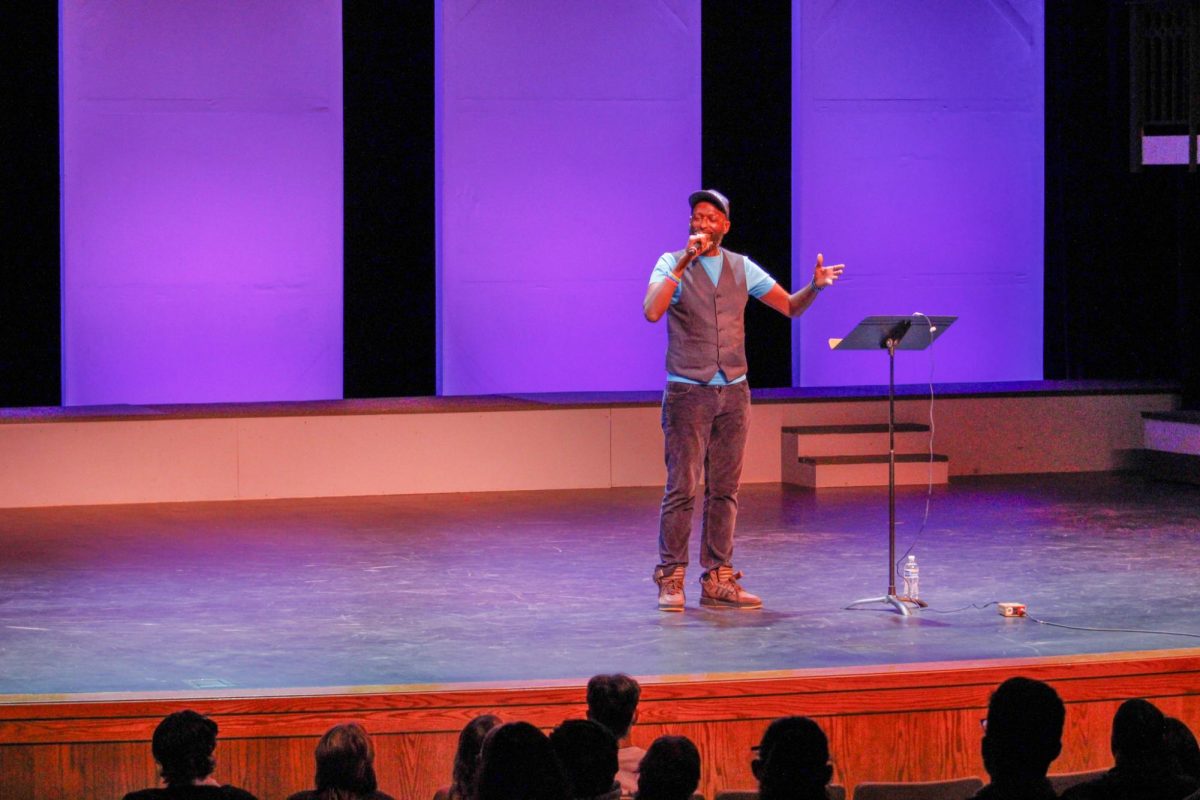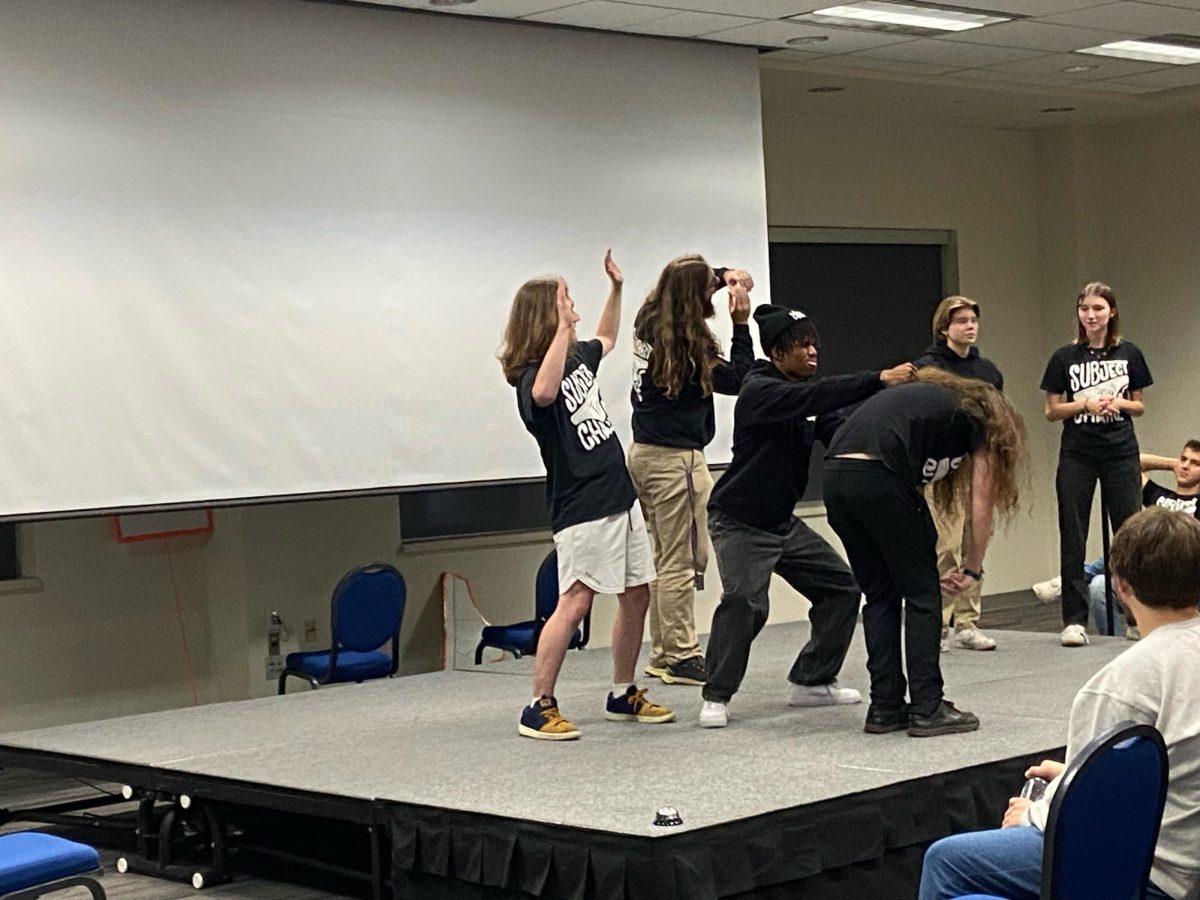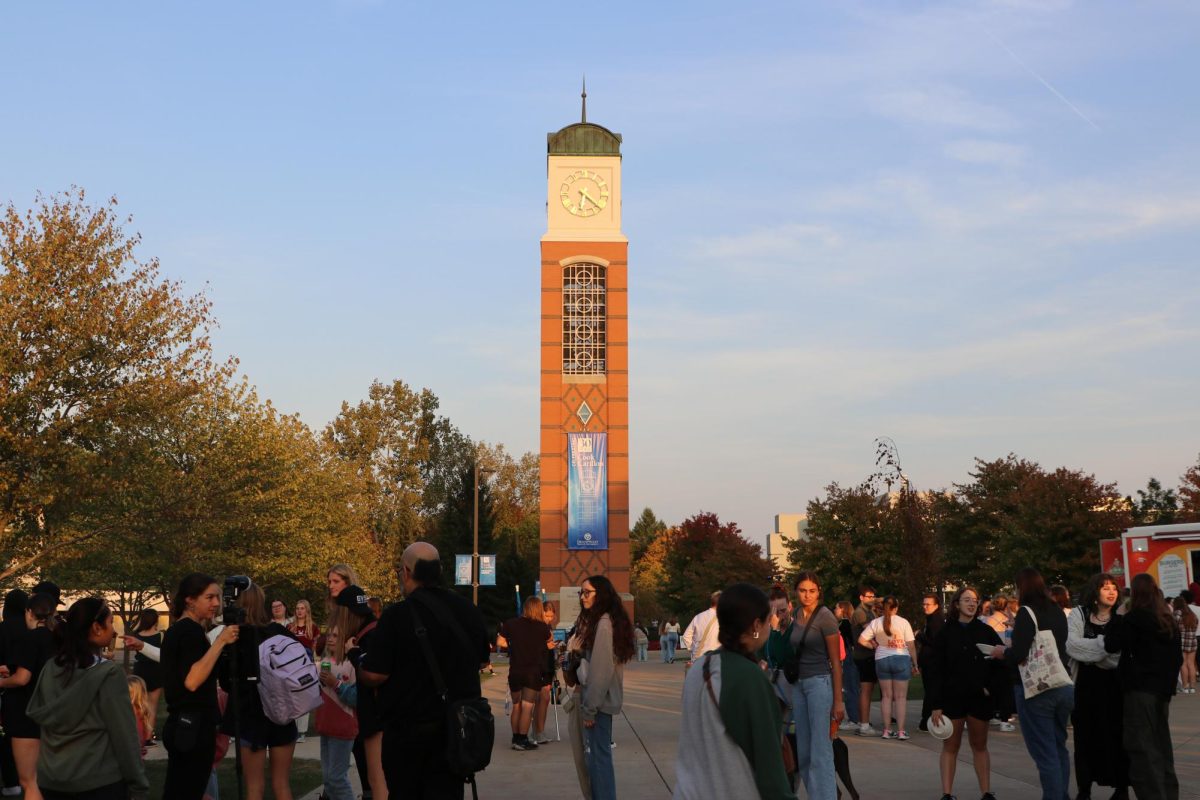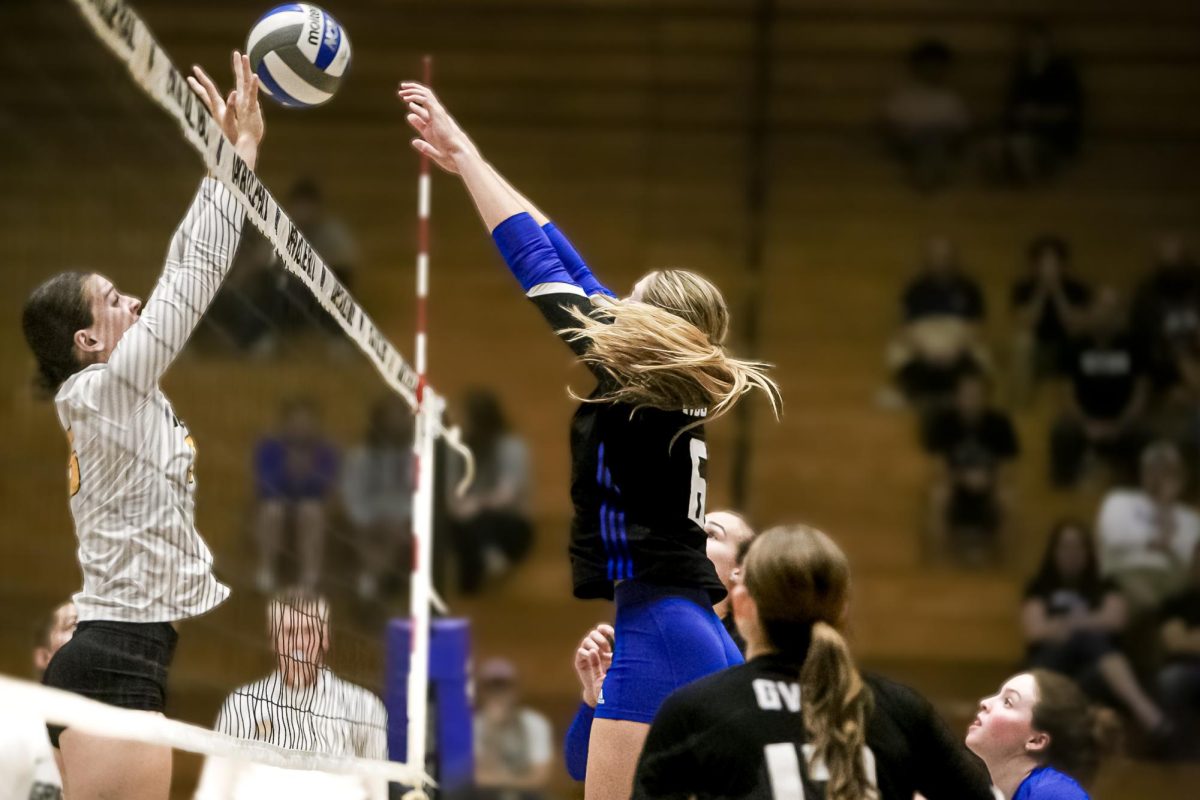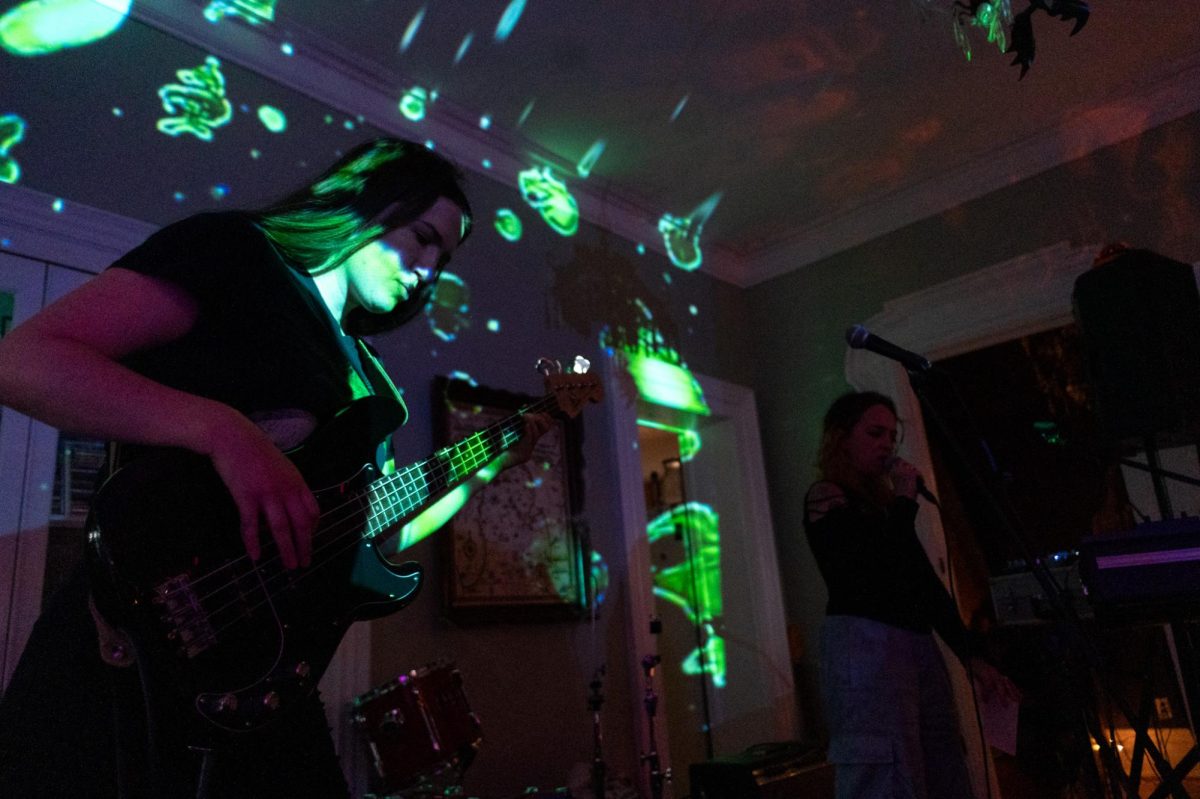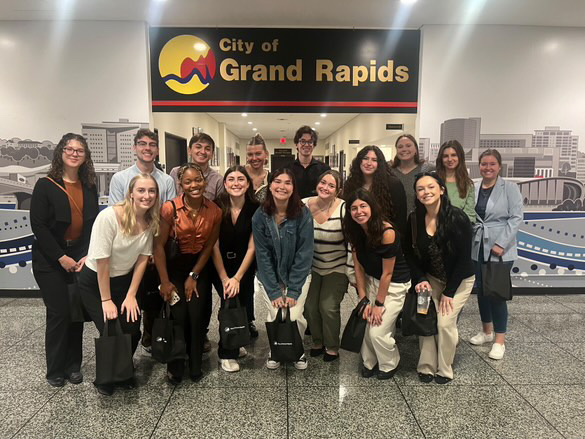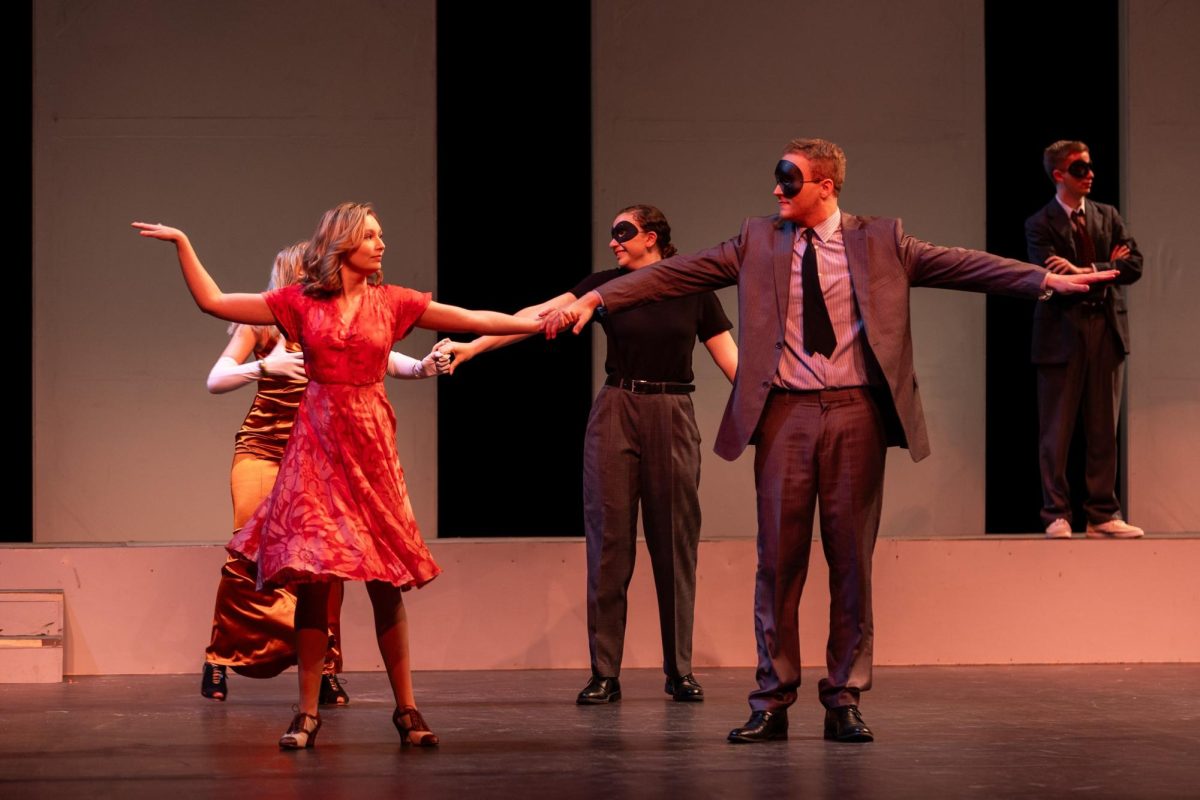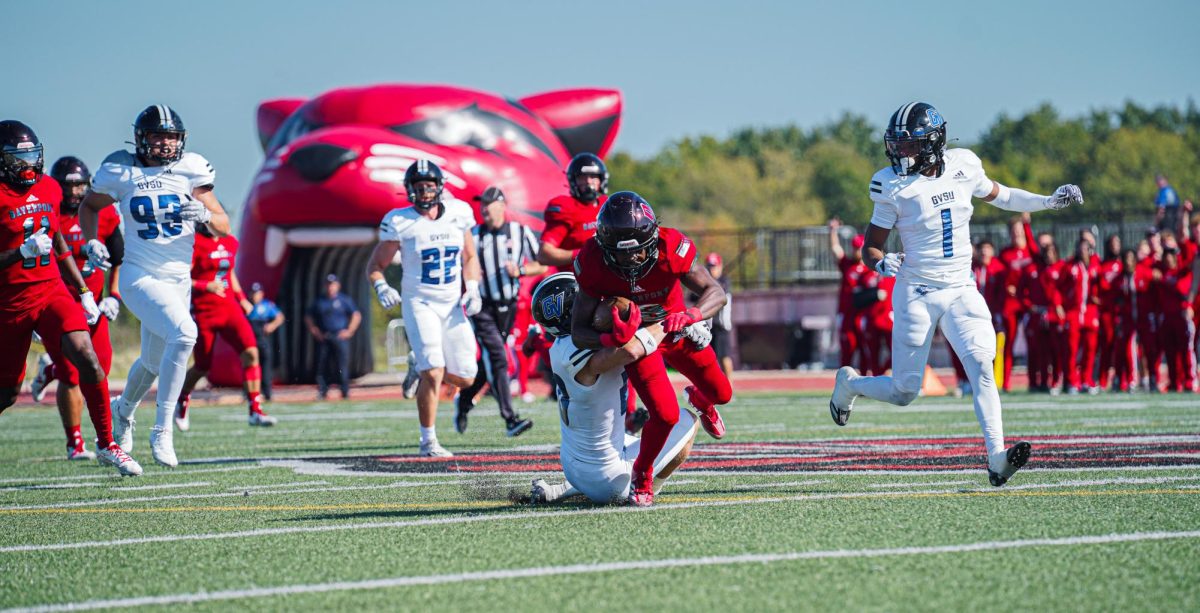Democracy 101 event discusses FOIA
Oct 28, 2019
The Democracy 101 series aims to inform students about democratic practices including voting, media’s role in democracy, democratic values and civic development as students. These weekly forums welcome both faculty and students to present on topics they have experience in.
On Oct. 23, Grand Valley State University students Tovi Gentilluci and Kayla Sosa spoke about their experiences using the Freedom of Information Act (FOIA) as investigative journalists and how it helps investigative journalists report stories. Both speakers are well-educated on the subject, as Gentilluci serves as the president of the Student Journalism Club, and Sosa is a news reporter for WGVU Public Radio.
FOIA allows journalists to request information from federal agencies, who are obligated to share the requested records. There are nine exemptions that protect agencies from sharing, including personal privacy, national security and law enforcement. While FOIAs can be written through the FOIA website — and some organizations like GVSU have web pages specifically for submitting FOIAs — they can also be emailed or faxed.
The Democracy 101 discussion emphasized that FOIAs allow people to access more information than is readily available, but it’s often unknown that it is an option.
“It’s really important because it allows (students) to know that they’re not limited to the news around them,” Gentilluci said. “They can get information on anything, about anything, like knowing the crime rate at Grand Valley and stuff like that.”
To increase the number of students aware of FOIA, GVSU will be hosting the second annual FOIA Fest, an event that includes speakers and activities to teach attendees about FOIA. While the event is in its infancy, it is quickly growing. As a part of the university’s Big Data Initiative, the event will emphasize that non-disclosed information is often accessible to the public.
“We are helping promote FOIA Fest, but we are also planning on doing workshops with FOIA for students that still don’t fully understand and don’t fully feel comfortable talking to professors,” Gentilluci said. “Helping out with FOIA Fest helps not only get us out there, but also helps us connect with former GVSU students.”
GVSU democracy fellow and Democracy 101 organizer Jane Johnston believes that FOIA will be beneficial in her line of work, as she hopes to write stories about gender, such as the intersections between gender, race and class.
“(That work) comes with a lot of issues that people don’t always want to talk about, so FOIA is going to come in handy for me in understanding and finding out information that people don’t necessarily want to be known, and then having that information help me tell the stories of people who need to be heard,” Johnston said.
Johnston said that the Democracy 101 panel allowed her to strengthen her understanding of the challenges that accompany investigative work, even for student journalists.
“It just kind of reinforced the importance of FOIA for me, and hearing all of our panelists’ stories and all of the challenges they’ve overcome was really great to hear and it was great to see how persistent journalists can be in using FOIA.”
Democracy 101 events take place every Wednesday and alternate topics and times between 12-1 p.m. and 6-8 p.m.



